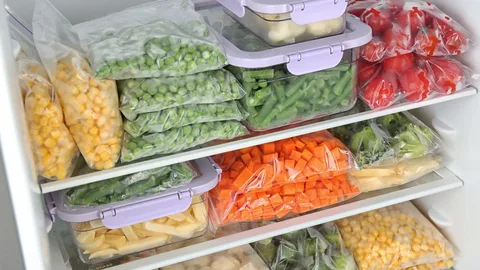Substance abuse recovery is the process of breaking free from addiction and learning to live a fulfilling life without drugs or alcohol. It involves physical, emotional, and behavioral changes that allow individuals to regain control over their lives and establish healthier habits.
Recovery requires dedication and commitment, and often involves professional help and support from family and friends. It is not an easy process, but it is one that can lead to a healthier, happier life. It is critical to remember that you are not alone. There are resources and people who can help you recover. Don’t be afraid to ask for help and support when you need it.
Table of Contents
The Science Behind Addiction
Addiction is a complex brain disorder characterized by compulsive drug-seeking and use, despite negative consequences. It affects the brain’s reward system, leading to cravings, tolerance, and withdrawal symptoms. Understanding the science behind addiction helps develop effective treatment approaches. Treatment approaches include medication, cognitive behavioral therapy, and other evidence-based approaches, as well as support from family, friends, and the community. It’s important to remember that addiction is a treatable disease and individuals can and do recover.
Signs and Symptoms of Substance Abuse
Recognizing substance abuse treatment signs and symptoms is crucial for early intervention. Common indicators include changes in behavior, physical appearance, and social interactions. Understanding these signs can prompt individuals to seek help and start their recovery journey. People who recognize and intervene early can help their loved ones get the treatment they need, as well as reduce the risks of physical and psychological damage. Early recognition and intervention can also be the difference between life and death for those struggling with substance abuse.
Resources for Substance Abuse Recovery
A multitude of resources are available to support individuals on their substance abuse recovery journey. Helplines, treatment centers, online forums, and support groups provide guidance, information, and a sense of community for those seeking help. These resources can also provide a safe space to work through the difficult emotions that often accompany addiction recovery. With the right support, individuals can find the strength to make positive changes in their lives and take the necessary steps to start their recovery journey.
How long does substance abuse recovery take?
The duration of substance abuse recovery varies for each individual. It depends on factors such as the severity of the addiction, treatment approaches used, and the individual’s commitment to the recovery process. Recovery is a lifelong journey. Each individual’s recovery is unique and requires ongoing support and commitment in order to be successful. Recovering from substance abuse is possible with the right resources and support.
Can substance abuse recovery be successful?
Yes, substance abuse recovery can succeed with the right support, treatment, and commitment. Many individuals achieve long-term sobriety and lead fulfilling lives in recovery. However, relapse is common and should be expected in the recovery process. It does not indicate failure, but rather a need to adjust the individual’s recovery plan. It is important to take a holistic approach to recovery that focuses on physical, mental, and emotional health.
Can I recover from substance abuse without professional help?
While some individuals may recover from substance abuse without expert help, seeking professional treatment significantly increases the likelihood of recovery. Professional support provides guidance, evidence-based therapies, and a structured approach to healing. Professional treatment can also include support from peers and family members, access to resources, and medication management. Treatment programs are tailored to each individual’s needs and provide a safe and supportive environment for recovery.
What role does support from loved ones play in substance abuse recovery?
Support from loved ones is crucial in substance abuse recovery. Their understanding, encouragement, and willingness to be part of the recovery process can greatly enhance outcomes and strengthen relationships. On the other hand, the wrong kind of support can be damaging. Unhelpful criticism, judgment, and lack of understanding can cause the individual to feel discouraged and less likely to continue with their recovery. It is important to provide positive support and understanding.
Is relapse a sign of failure in substance abuse recovery?
No, relapse does not indicate substance abuse failure. It is a common part of recovery for many individuals especially those who use ecstasy. Learning from relapses and utilizing relapse prevention strategies can help individuals continue their journey towards sustained sobriety. Relapse is not a sign of weakness or an indicator that someone is not trying hard enough. It can be a normal part of the recovery process and should be viewed as an opportunity to learn and grow. Everyone should strive to be kind and understanding to those in recovery.
How can I help a loved one in substance abuse recovery?
Supporting a loved one in substance abuse recovery involves educating yourself about addiction, offering non-judgmental support, encouraging professional treatment, and actively participating in their recovery process. Patience, understanding, and open communication are essential. Setting boundaries and expectations is important to ensure that your relationship with the person in recovery is healthy. Showing up for them in their recovery journey, while also taking care of yourself, is key. Lastly, celebrate the small victories along the way.
Bottom Line
Recovery is a process that takes time and effort, but it is possible. It is important to be patient and kind to yourself throughout the process. Remember that you are worthy of detox and recovery and you can make it through this. Trust the process and stay focused on your goals. Set realistic goals and take small steps towards them. Celebrate even the smallest successes and remember that you can do this.





